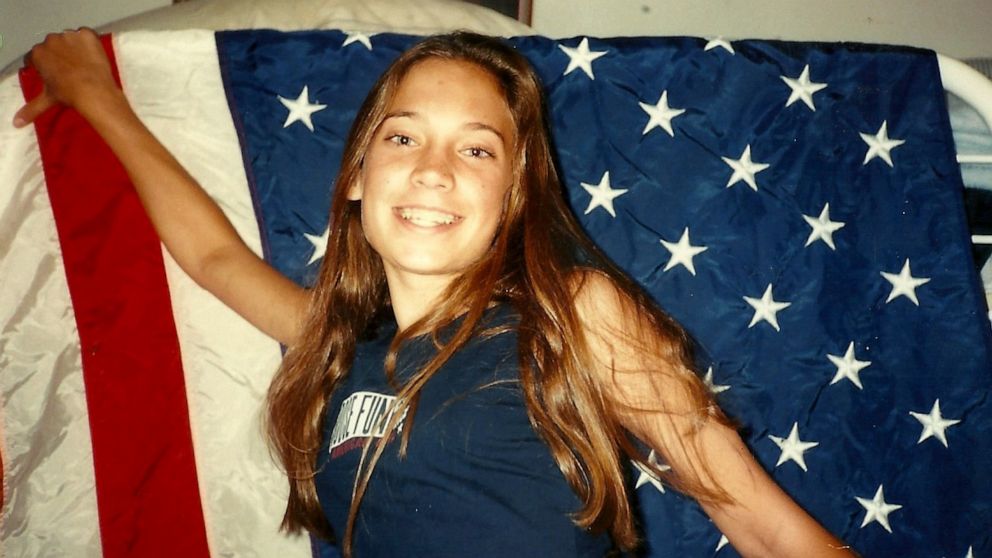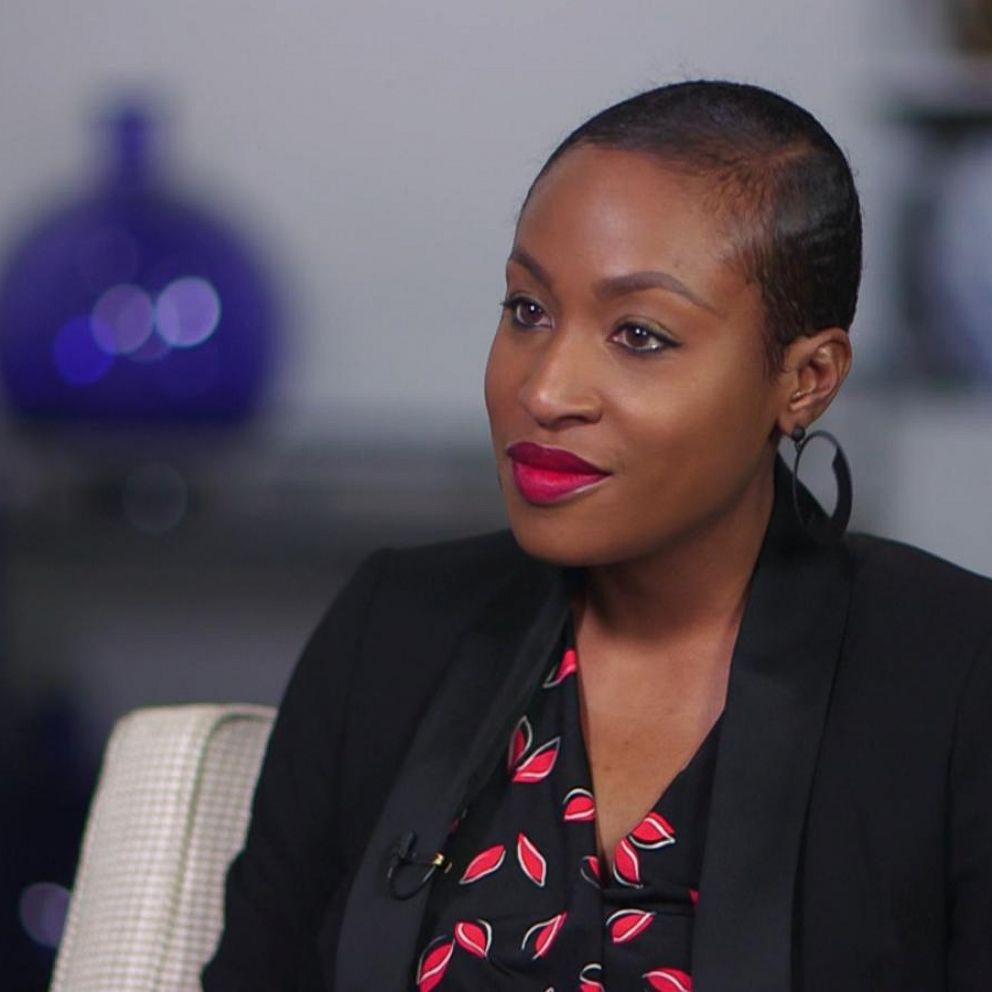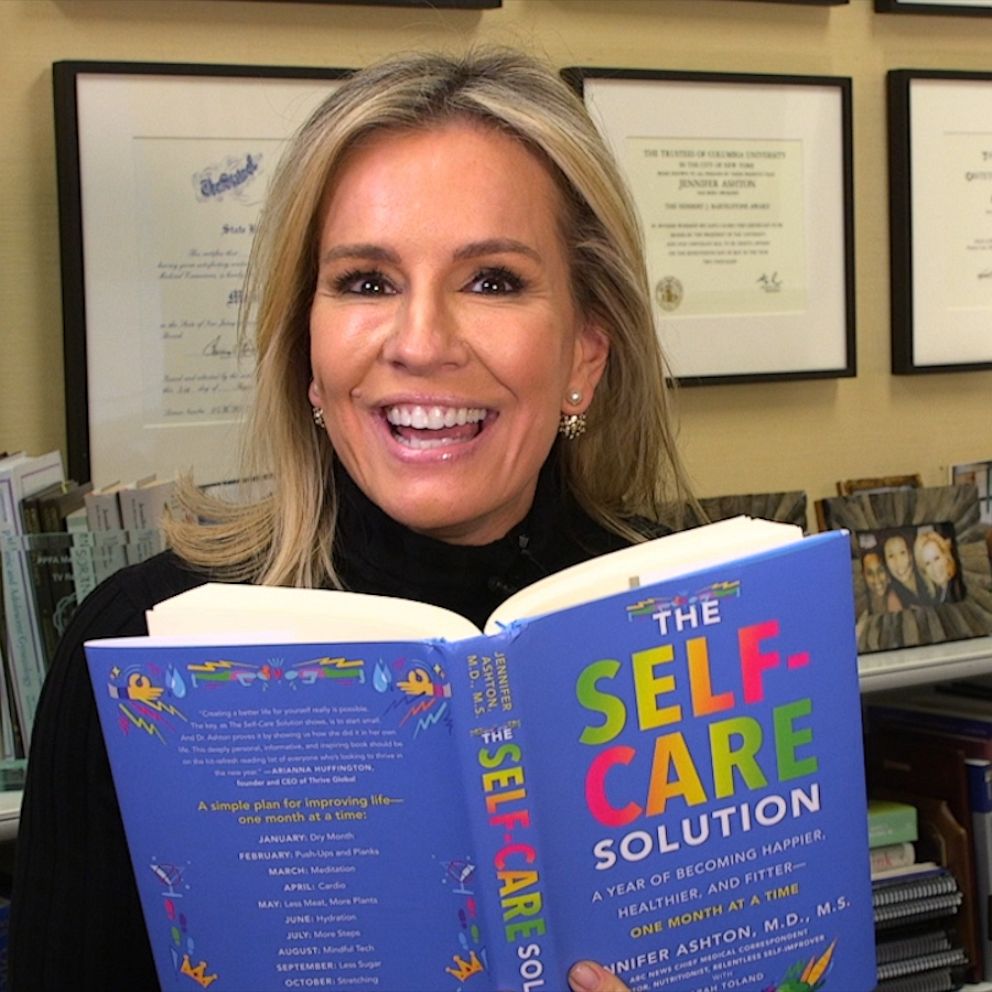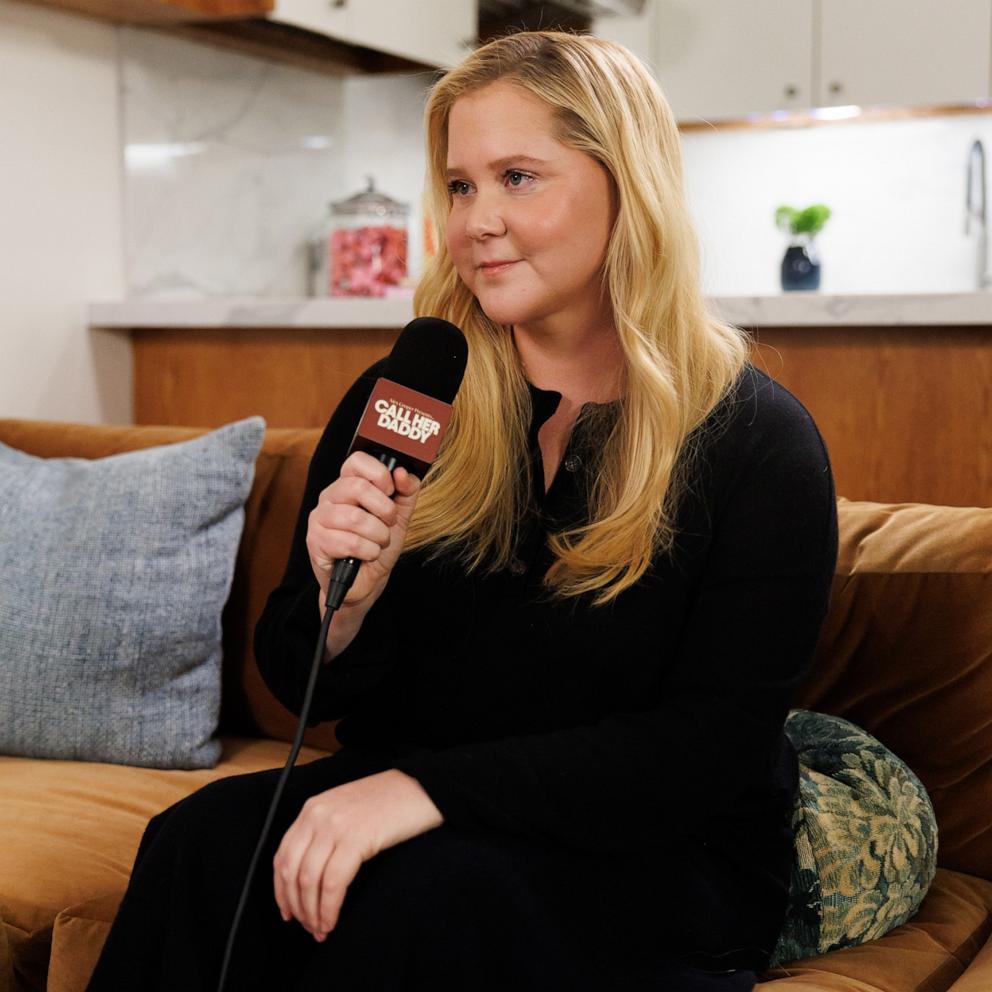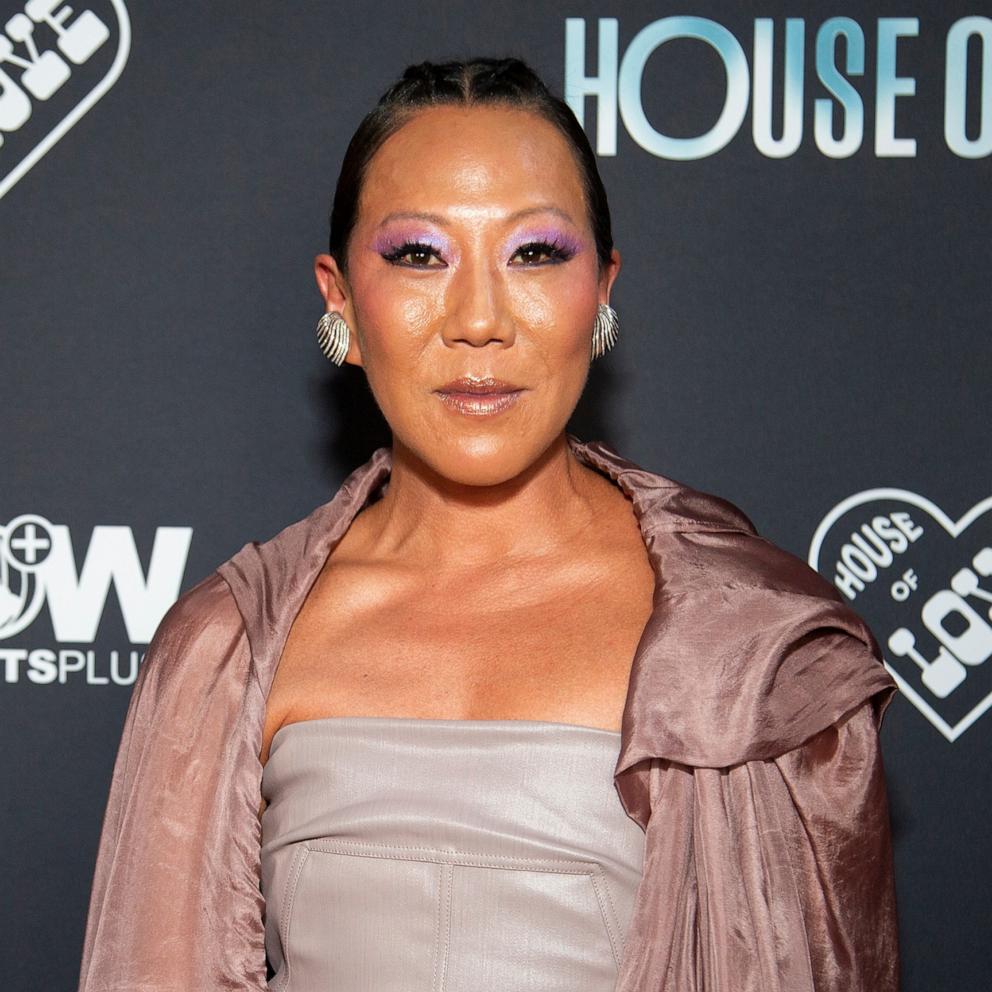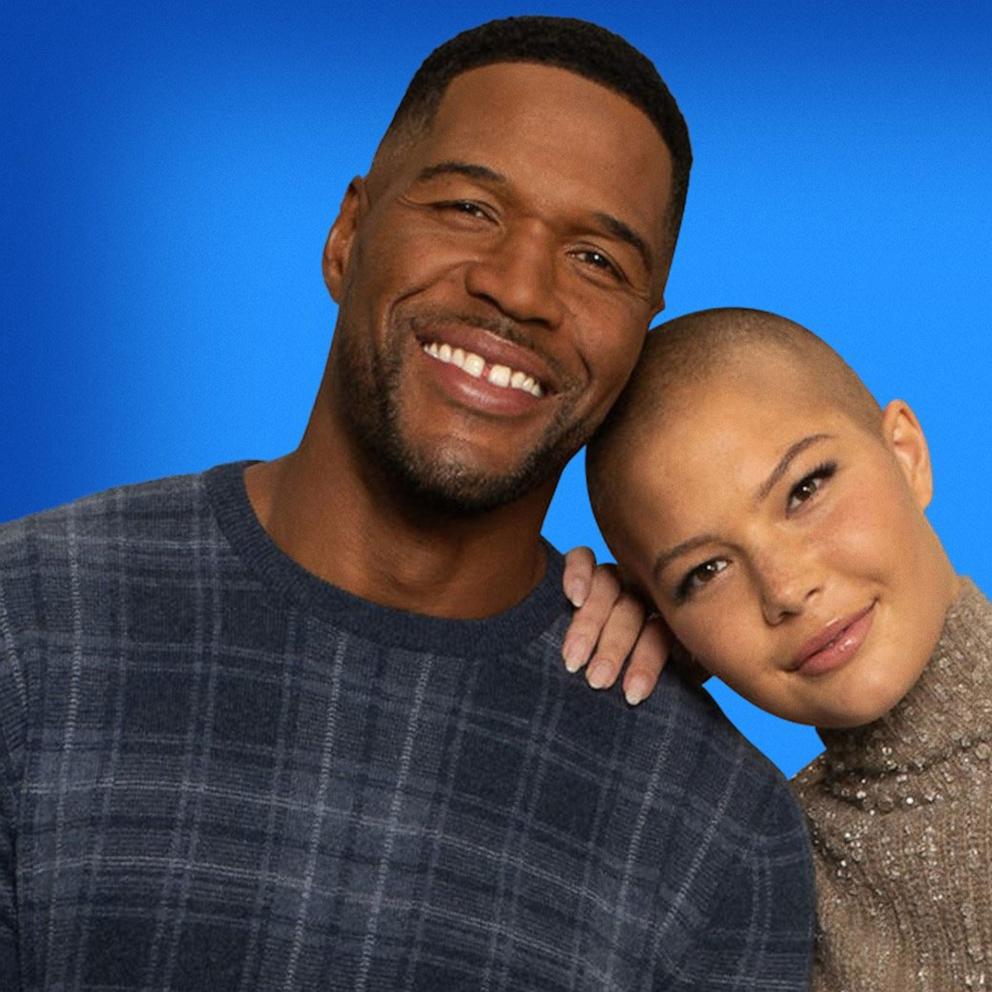Ginger Zee writes letter to her younger self about her battle with anorexia
February 24-March 1, 2020 marks Eating Disorder Awareness Week, an annual campaign organized by the National Eating Disorder Association, which brings awareness to the severity of eating disorders and highlights the importance of getting treatment.
Anorexia is considered to have the highest mortality rate out of all eating disorders. Some studies have found that suicide accounts for approximately 25% of deaths in anorexia nervosa, according to the clinical decision support resource, UpToDate.
Early intervention is important in the process to coping, according to NEDA, which says. "Many people, including doctors, don’t recognize the signs. The earlier a person with an eating disorder seeks treatment, the greater the likelihood of physical and emotional recovery."
Here, ABC News and "Good Morning America" chief meteorologist Ginger Zee shares a letter she wrote to her younger self about her own battle with anorexia and her road to recovery.
Dear Ginger:
Fridays were always your favorite day of the week because it was "Pizza Day" at school. But I know today is the first Friday of fourth grade at your new school where you are the new girl.
Your parents' divorce, and moving three times in the last year hasn’t been easy. So this pizza day isn’t like it used to be.
I hate to see you sitting there all alone because I know you yearn to fit in, to have some control over your chaotic life.
This is where a disease called anorexia takes hold of you. You fold and smash the whole pizza into an empty chocolate milk carton to make it look like you have cleaned your plate.
You make eye contact with the lunch lady and smile as you toss out the hidden, uneaten lunch.
I can see your cheeks flush with a rush of adrenaline, like a bank robber taking off in a getaway car. For the good girl you always are, this rebellion feels good -- because it’s yours.
You start skipping meals at home -- which is a lot trickier.
You lie to mom and dad, "There was a birthday party with cupcakes at school, or the teachers had surprised us with pizza, and I’m still full." You make a job of making excuses.
You look forward to the grumbling noise your stomach makes when you are starving, and every time your clothes get looser, it’s like a badge of honor. But the biggest prize of all is when people start telling you that you look skinny.
You feel this secret, is your secret power.
You have no idea that this is a very dangerous disease with the highest death rate of any eating disorder.
It often extends beyond food issues -- you need perfect A’s, a perfect boyfriend, a perfect life. It’s an exhausting roller coaster that you don’t even know you are on let alone how to get off.
You spend hours every day reviewing what you've eaten that day and vow to do better tomorrow, isolating, locking yourself away in your bedroom pinching fat that didn’t exist.
You escalate past being deranged with your body and start being delusional with food. You won’t eat a wide carrot because it will “obviously” make you wide.
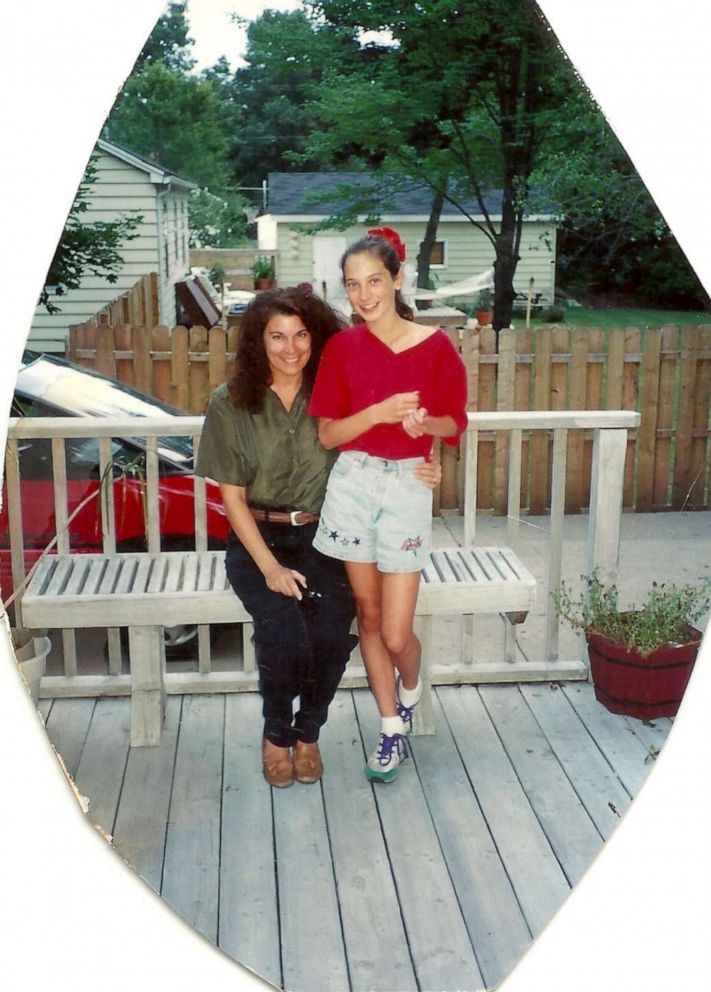
Your mom finally says “enough” when you get off a plane from visiting your family overseas for a month and you are down to a frightening size.
She tells you she will take you to Pine Rest, the mental health hospital, where they will force you to eat through tubes.
You know she loves you but none of that matters because you don’t love yourself.
You agree to go to therapy but lie the whole time. You stuff your pockets full of rocks so your weight slowly climbs as the doctors want it to.
Your step father introduces you to nutrition and burning calories with exercise becomes your next obsession.
You enjoyed your first scoop of peanut butter in almost a decade because you know knew you could ski it off.
Your religion of starving is replaced with exercise rituals -- even outside the gym.
Every morning you do a lap around the kitchen island before taking the Frosted Mini-Wheat cereal from the cupboard.
Then you do another lap and get the milk. Another lap. A spoon. Lap. Napkin. Lap. Eat a bite. Lap. Endless.
Alcohol in college helps you consume your first mac and cheese, your first waffle and full cookie in more than a decade.
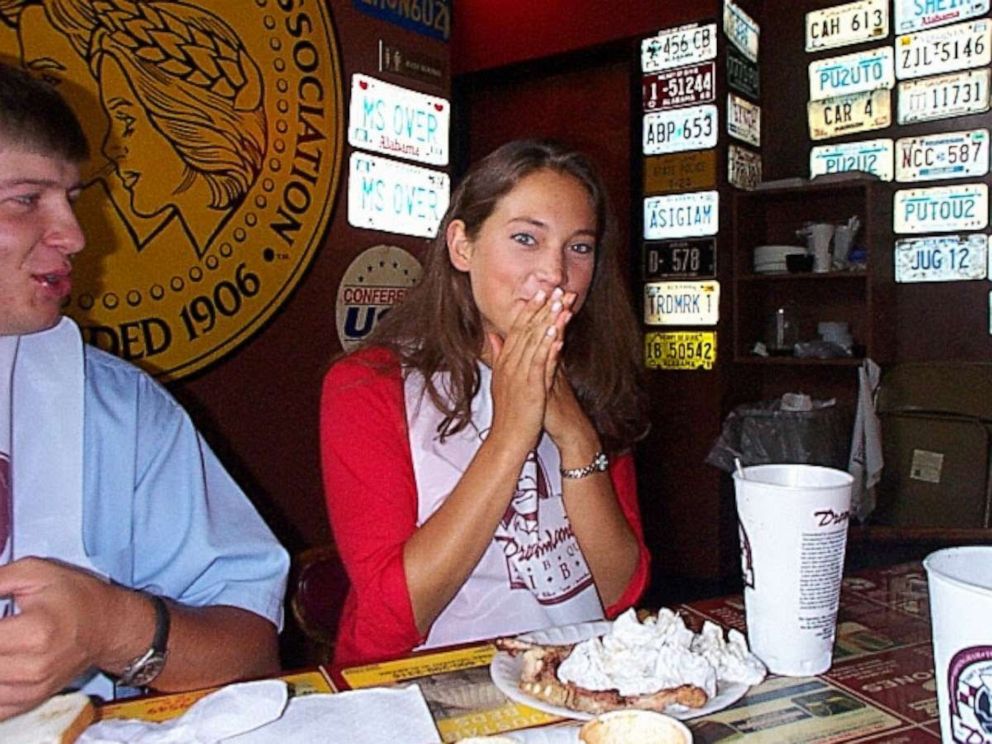
As you grow into an adult, you do a lot of work in therapy on the eating issues as well as what caused them, but you still spend about 80% of the day thinking about food.
You’ll probably never be completely cured. Anorexia, for you, is something that can be managed but never fully repaired.
But every day you have a choice to be honest about how you are feeling and to take care of yourself.
Stay connected with friends and family, get out of your head and be vulnerable. And when you finally admit and learn that full control is not possible, energy will be freed up to enjoy life.
Having babies will actually make you more accepting of your body, but whenever anxiety or fear bubble up, you should head to therapy and focus on what in your life feels out of control.
Meditate, practice gratitude and quiet the shame that drives the disease.
You are fortunate to have gotten out. Share your story and help others.
Honesty and transparency are part of recovery.
Never forget you are beautiful -- eat all the baby carrots no matter their size. I’d say the wider ones even taste a little sweeter these days.
For more information on eating disorders, including warning signs and how to find support and help, visit the National Eating Disorders Association.
If you or someone you know is in crisis, please call the toll-free National Alliance on Mental Illness helpline at 800-950-NAMI.
If it's an emergency in which you or someone you know is suicidal, you should immediately call the National Suicide Prevention Lifeline at 1-800-273-8255, call 911 or go to a hospital emergency room.
Zee is currently writing a new book, a follow up to "Natural Disaster: I Cover Them. I am One," about her journey with anorexia and protecting her mental health.
